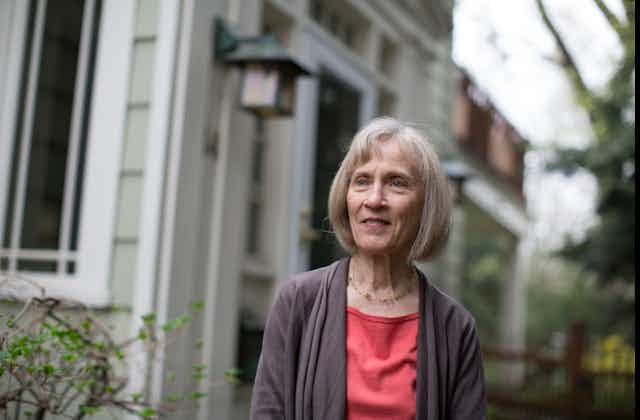Women stirred up a “quiet revolution” in the labour market, according to Claudia Goldin, the Henry Lee Professor of Economics at Harvard University. She is the 2023 winner of the Nobel prize in economics for her analysis of gender differences in the labour market, particularly the persistent problem of the gender pay gap.
“Most of her research interprets the present through the lens of the past and explores the origins of current issues of concern,” according to Goldin’s Harvard bio. And this really does capture the essence of her work and how influential it has been.
As an economic historian, Goldin studies, documents and illuminates the changes in female economic empowerment over time in labour markets, as well as the causes and challenges ahead for all of us who want to make the world a more equal place in which to live and work.
Despite some progress, gender inequality remains a global concern. It varies across countries of course, but women’s participation in the labour market falls short of men’s everywhere in the world.
And when women work, their wages fall short of men’s. If you want to understand what’s driving the dynamics of these gender gaps – and dig into their many facets – Goldin’s work is a goldmine.
The role of education, family and organisation of work are some of the themes explored in her research that explain the historical evolution of gender gaps in labour participation and wages.
A quiet revolution
Goldin coined the term “quiet revolution” to describe the dynamics of the gender gap in the labour market and the increase in labour force participation of married women in the US in the 1970s. She showed that there are two key ingredients to this quiet revolution: investment in education, and postponement of age at first marriage – the latter was helped along by the launch of the contraceptive pill in the 1960s.
As the average age at which women married increased over this time, going to college became a critical investment for them. They could plan for an independent future and form their identities before marriage and family.
This triggered a strong upswing in women’s participation in the labour market. And education is still critical for women’s participation to the labour market today. In most countries, women with higher levels of education are more likely to be employed.
Family also strongly influences female labour force participation, with childbirth typically setting mothers and fathers on different paths – children contribute to gender gaps. Goldin’s work shows that the size of these “child penalties” (that is, the lower labour force participation of women compared to men) have shrunk over time.
But the penalty hasn’t vanished. Goldin and her coauthors’ research also shows the motherhood penalty declines over a woman’s lifetime, but the earnings gap between two heterosexual parents persists due to a fatherhood premium.

Flexible working patterns
Examining how workplaces are organised and how that influences the gender gap is another key insight of Goldin’s work. According to her research, the gender pay gap would be considerably smaller if firms did not disproportionately reward individuals who work long and particular hours.
Industries such as technology have seen changes in how work is organised that have enhanced employee flexibility, but this is not yet as common in the financial and legal worlds, for example. There is more work to do to promote gender equality and Goldin’s will help with this.
Goldin’s research mainly focuses on the US, but her approach and insights have influenced and inspired researchers across the world. Her work has helped to make gender an essential ingredient in understanding how labour markets work, as well as how the economy works more generally.
There is now a field of research called “gender economics” and we should certainly thank Claudia Goldin for that.

